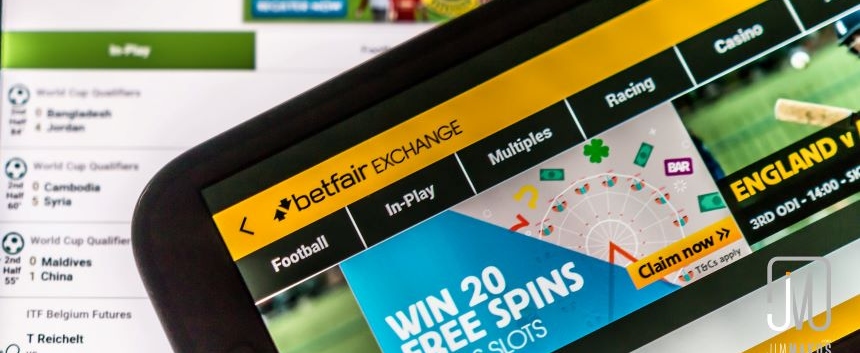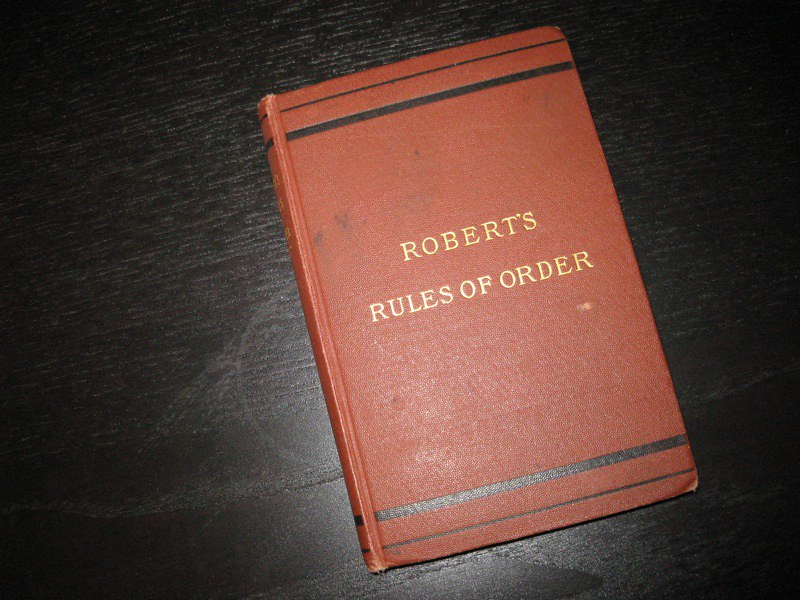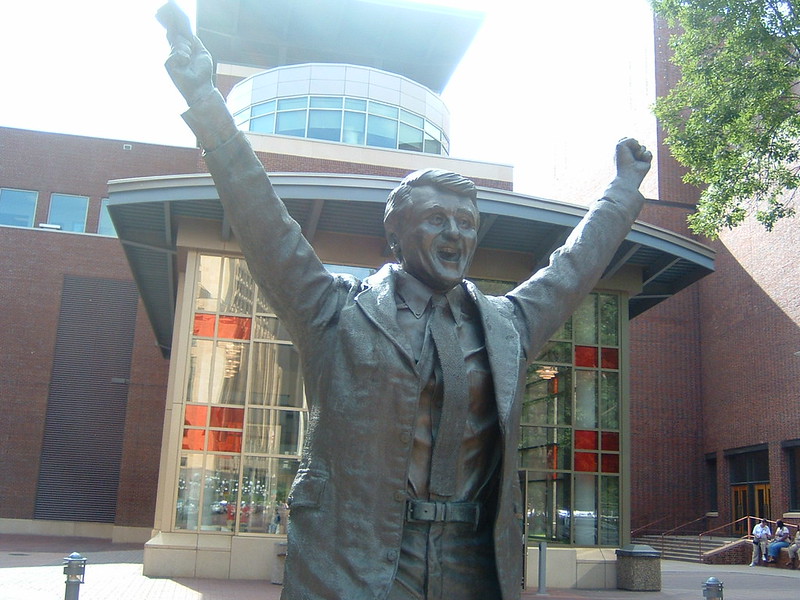
This annual rite of spring is the right time to raise alarms about the gambling crisis facing young men.
by Martin Davis
EDITOR-IN-CHIEF
Around this time of year, I miss Mike and Mike.
From 2000 to 2017, Mike Greenberg and Mike Golic cohosted this ESPN radio show that featured sports talk, with a healthy dose of humor and charm. The highlight of their show, for me anyway, was the “Sheets of Integrity” each March. The two would fill out their NCAA brackets and each would poke fun at how badly the other did.
It was a gentle reminder of how bad we all are at guessing what is going to happen in the world of sports – or the world at large.
According to a report in Forbes magazine, there has never been a “perfect bracket,” which requires selecting the winner of every game in the NCAA Men’s Basketball tournament.
And it’s not likely to happen this year, either. According to Forbes, the odds of doing this are “1 in 9.2 quintillion (or 1 in over 9.2 billion billions).” The numbers are so astronomical as to be truly mind-boggling. Most of us have no real grasp of 1 million. Must less a quintillion.
But it’s all harmless fun, right?
For most of us, yes. But for a growing number of Virginians, betting on sports – games that too many of us, especially young men, believe they can predict because they “understand” the sports” – is far from harmless.
It’s certainly no accident that the most-popular sporting event of the year – the NCAA Men’s Basketball Tournament – coincides with Problem Gambling Awareness Month.
And online sports betting through apps like FanDuel, Caesars Sportbooks, Bet365, and Fanatics – to name but a few – is the propellant that is taking betting to dangerous levels.
Who Wins, Loses?
According to Covers.com, a site that tracks the gambling industry, Virginians’ betting habits are growing rapidly. Legalized in 2021, the commonwealth is seeing a surge in bets placed via these apps.
In January 2023, for example, Virginians bet $513,154,592, netting $49,721,327 in profit for the companies – a “hold percentage” (or profit for the companies) of 9.7%.
In January 2024 – the last month for which Covers.com reports data – Virginians bet $652,879,750, netting $74,337,290 in profit for the companies, and a hold percentage of 11.4%.
The vast majority of that betting, according to betVirginia.com, comes from mobile apps.
In 2023, the national hold percentage average across the country was 9.1%; in Virginia it was 10%. And we’re on track to see that percentage rise this year.
So who wins?
The online bettors, for sure.
Virginia is winning, too. Tax revenues have climbed steadily and steeply. A recent report in the Virginia Mercury notes:
Taxes from sports betting more than doubled in fiscal year 2023, according to Virginia Lottery figures presented Tuesday, jumping to $67 million from $27 million the prior year. Four years ago, a state gambling study predicted Virginia could see up to $55 million in annual tax revenue from sports betting once the industry was “fully developed.”
Who’s not winning, however, are the gamblers themselves.
This was foreseeable. Addictions will naturally rise as the availability of gambling outlets rise.
What is worrying, however, is the rate of growth in the numbers of people reporting addictions.
The Virginia Council on Problem Gambling operates a 24-hour hotline (1.888.532.3500) for those needing assistance. In 2022, the Council reported 8,780 calls. That number represented a 56.7% growth over 2021.
The numbers for 2023 were worse – 10,608 calls.
Those most affected? Young men.
A recent CBS News report revealed that
So far, 38 states and Washington D.C. have legalized sports betting. In the five years since New Jersey legalized online sports gambling, calls to the state’s problem gambling helpline nearly tripled. The largest caller demographic: ages 25-34.
More disturbing is a new Siena College poll, that reinforces young men are most susceptible to this addiction, and that they are fully aware of the difficulty. In fact, the poll shows that nearly half of the men they surveyed believed they were betting more than they should.
And the consequences can be deadly. Consider this from the Virginia Mercury.
A 2021 study based in England found problem gambling increases the risk of suicide attempts for men nine-fold and for women five-fold. In another study, nearly 20% of suicide victims were gamblers. About 30% of individuals diagnosed with problem gambling think about suicide and about 15% of these individuals attempt suicide, the study found. The link between gambling and suicide has been demonstrated again and again across cultures. Gambling can lead to despair and desperate acts.
A number of states are cracking down. According to a New York Times report, “New York [state] responded by proposing new rules that prohibit any advertising on college campuses or that is ‘aimed at persons under the minimum age,’ which in New York is 21, while Ohio stepped up enforcement actions.”
What Price Are We Willing to Pay?
Things have become tough for young men our society. They are attending college at significantly lower rates than women, and the downward trend shows no signs of abating. The story is no better for high school graduation rates, where men again are significantly trailing women. Men are also dropping out of the workforce at historically high levels.
It’s not my place here to diagnose what’s happening. Richard Reeves in his new-ish book Of Boys and Men has taken an excellent first step toward understanding these disturbing trends and positing some solutions.
But I do want to posit that as you settle in to watch the NCAA Tournament this year, Sheets of Integrity in hand, you take some time to think about the number of people for whom this annual rite of spring enjoyed by millions is just another day in which they’re trying to beat the odds and score big at FanDuel.
It’s a losing bet – for the gamblers, and for Virginia as a whole.





